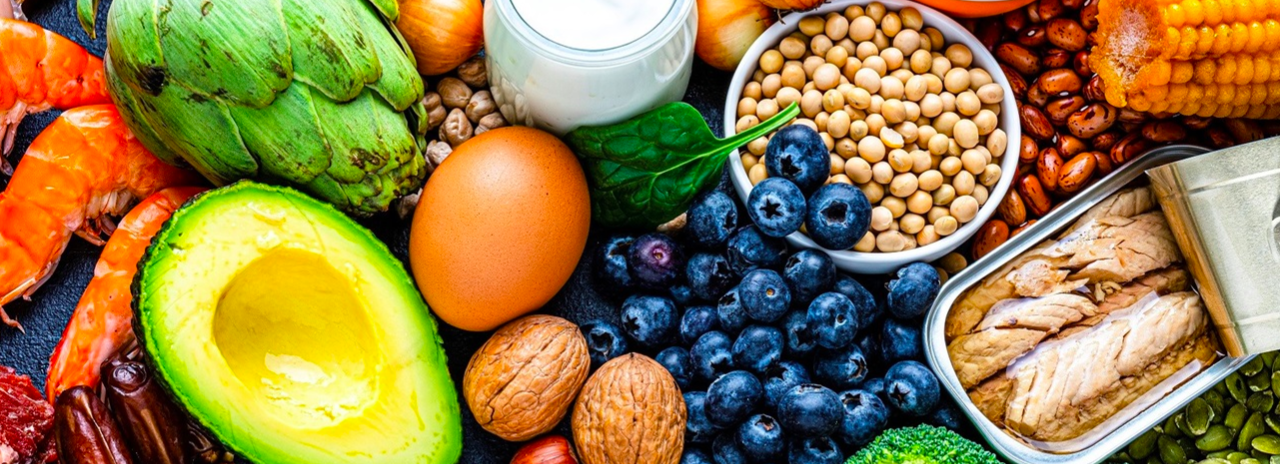February 3, 2024
A recent review suggests that fermented foods could be linked to improved cognitive performance, attributing the positive impact to their influence on the microbiota-gut-brain axis. Shedding light on the connection between diet and mental health, this study opens new possibilities for individuals grappling with cognitive challenges, particularly those resistant to conventional treatments.
The review, published in Neuroscience & Behavioral Reviews, delves into the various types of fermented foods, their fermentation techniques, and their potential to affect the microbiota-gut-brain axis. Focusing on the enteroendocrine system and its impact on hormones like ghrelin, neuropeptide-Y, glucagon-like peptide 1 (GLP-1), and serotonin, the study explores how fermented foods, rich in prebiotics and probiotics, can influence mental well-being.
Examples of fermented foods include kimchi, sauerkraut, kefir, miso, tempeh, and yogurt. The review emphasizes the significance of fermented foods in maintaining a healthy intestinal barrier, preventing the entry of bacteria and toxins into circulation, and reducing the risk of leaky gut syndrome.
Dr. Paul Pfeiffer and Dr. Avinash Hosanagar, faculty members in the Michigan Medicine Department of Psychiatry and practitioners at the VA Ann Arbor Healthcare System, led the research. They analyzed outcomes from 215 veterans who underwent a six-week course of intravenous (IV) ketamine infusions, revealing a meaningful decrease in depression scores for nearly half of the participants.
While the review acknowledges the mixed results of human studies on fermented dairy’s cognitive health, it points to observational studies associating fermented food intake with improved gut health and reduced anxiety.
Dr. Nicole Avena, a nutrition consultant and neuroscience professor, highlighted the importance of the gut-brain axis and how diet plays a crucial role in maintaining mental health. She explained that the gut’s diversity and health impact mental and brain health, emphasizing that fermented foods provide a tangible method to strengthen gut flora.
Dr. William Li, a medical doctor and author, explained the complex connection between the brain and gut through nerves and circulation. Substances produced in the gut can send signals to the brain, influencing mood, behavior, memory, and cognition. Conversely, substances from the brain can affect the gut microbiome, creating a bidirectional communication system.
Despite the positive findings, the review points out gaps in existing knowledge, emphasizing the need for more human studies. It highlights the limitations of studies involving single bacteria and the difficulty in generalizing findings due to regional differences in fermented foods’ production and consumption.
While fermented foods are not a cure-all, this review provides valuable insights into their potential impact on mental health, offering a new avenue for individuals seeking alternatives to traditional treatments. The study opens the door to further research on the microbiota-gut-brain axis, paving the way for a more comprehensive understanding of the connection between diet, gut health, and cognitive well-being.












